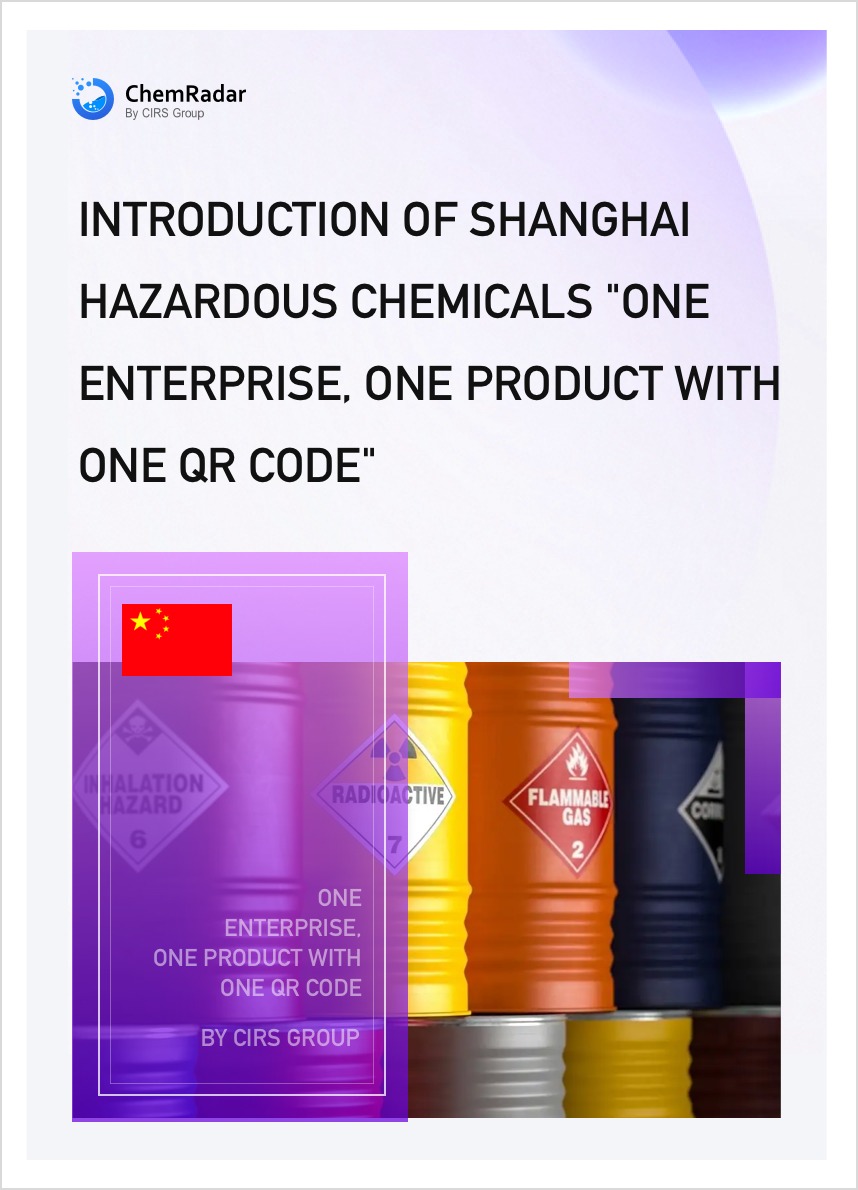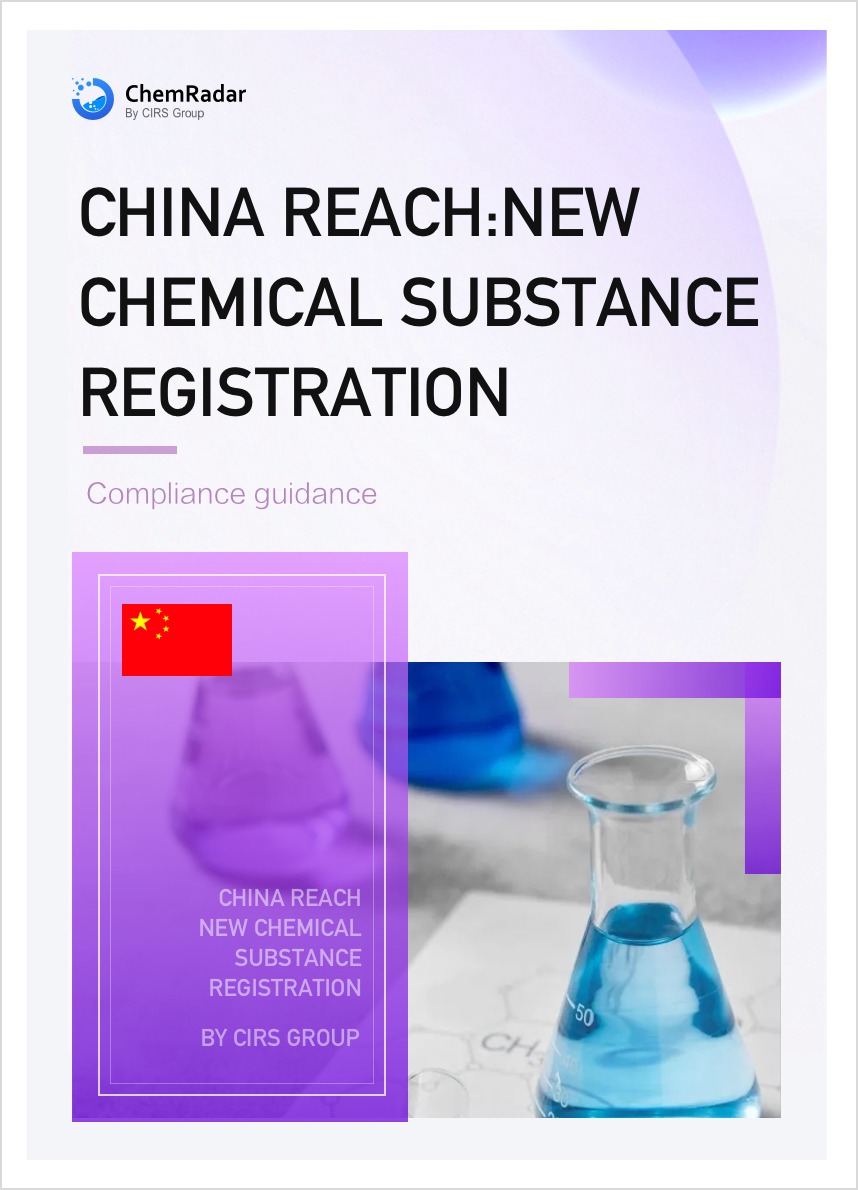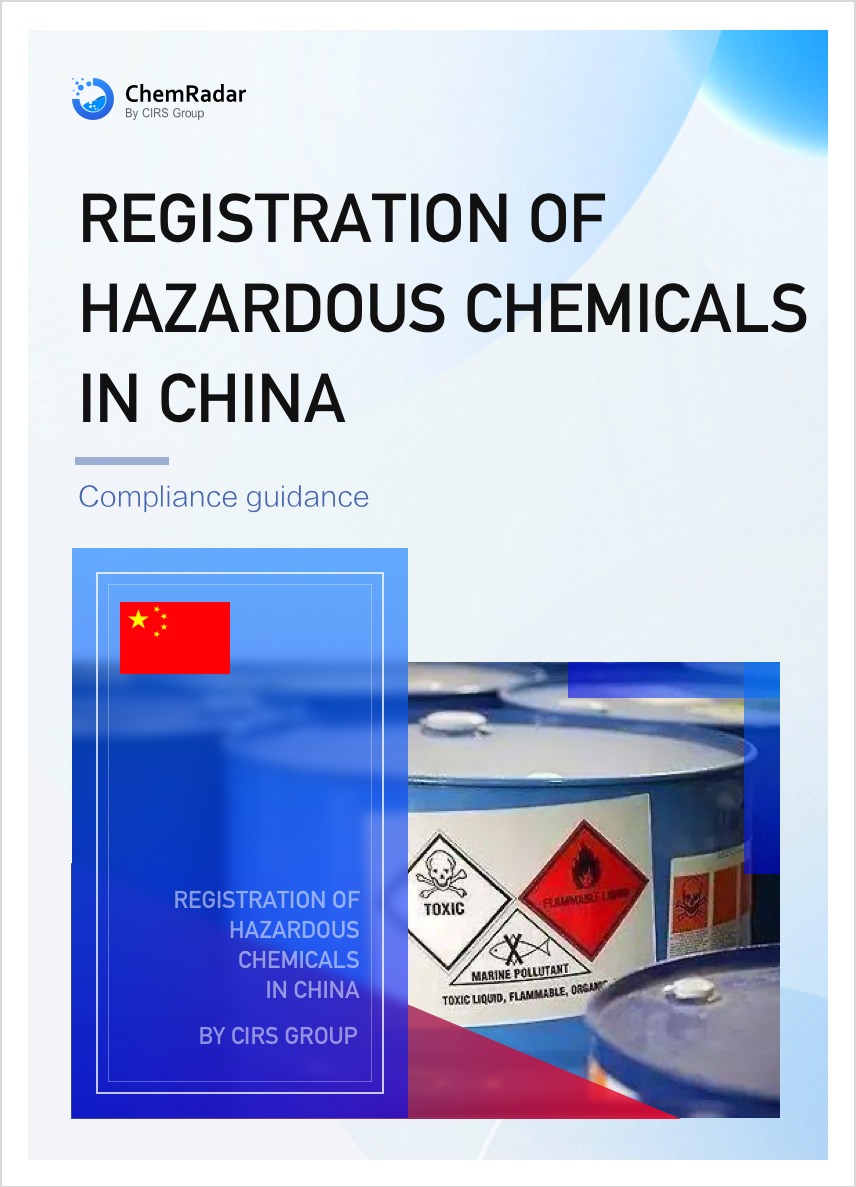On October 27, 2025, the National Standardization Administration Committee issued a notice stating that, according to the national standard review work plan, the review work for 163 national standards, including the General Technical Requirements for Lithium-ion Battery Production Equipment, has been organized and completed, and the review conclusions have been made public. According to the published review results, all 163 national standards have been confirmed to remain effective. If the public has any objections to the review conclusions, please provide feedback to the National Standardization Administration Committee through the official website by November 26, 2025.
One of the standards confirmed to remain effective in this round is GB/T 38331-2019 General Technical Requirements for Lithium-ion Battery Production Equipment, jointly issued by the State Administration for Market Regulation and the National Standardization Administration Committee on December 10, 2019, and officially implemented since July 1, 2020.
This standard specifies the terminology and definitions, working conditions, technical requirements, system performance requirements, safety requirements, equipment interconnection and interoperability requirements, equipment reliability requirements, energy consumption requirements, and environmental protection requirements for lithium-ion battery production equipment. It is applicable to the design, manufacturing, testing, acceptance, use, and maintenance of lithium-ion battery production equipment.
The standard focuses on requirements for the design, manufacturing, use, and maintenance of lithium-ion battery production equipment. It serves as a general requirement for lithium-ion battery production equipment and a guiding document for the formulation of other standards for specialized lithium-ion battery production equipment and specific product standards. Manufacturers of various specialized lithium-ion battery production equipment can develop corresponding product standards based on the requirements of this standard, supplementing and specifying provisions on models, technical requirements, testing methods, transportation, installation, acceptance, and maintenance.
The continued implementation of this standard will provide stable technical support for China's lithium-ion battery industry, further improve product quality and production safety levels, and promote the steady development of the lithium-ion battery industry.
Further Information




